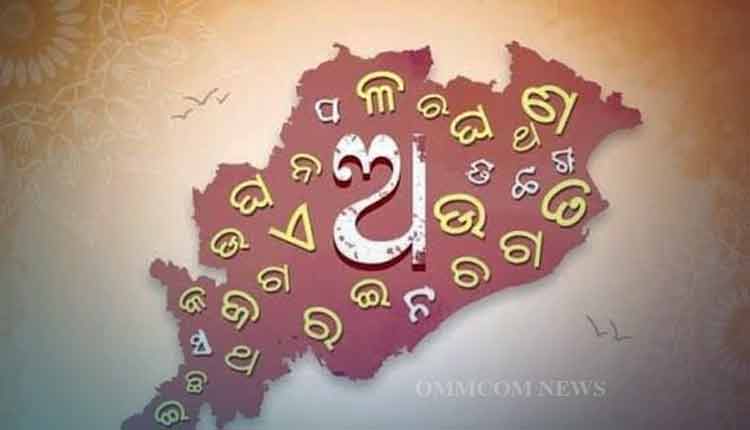Bhubaneswar: Every year people across the globe join hands to celebrate International Mother Language Day on February 21.
Recognised by UNESCO, this is the special day to acknowledge the variety of languages spoken across the globe and honour the struggles faced by those advocating for their language rights.
Considering the importance of the day, Nelson Mandela had once said, “If you talk to a man in a language he understands, that goes to his head. If you talk to him in his language, that goes to his heart.”
Let’s know more about the International Mother Language Day.
Theme
The theme for International Mother Language Day 2024 is ‘Multilingual Education is a Pillar of Intergenerational Learning’. And it emphasises the vital role of languages in fostering inclusive education and preserving indigenous languages.
Multilingual education is viewed as a crucial element for breaking down barriers between home and school, promoting effective learning, and ensuring equitable access to education for all.
History
International Mother Language Day was established by UNESCO in 1999, with the first celebration taking place in 2000. Influenced by the Bengali language movement, the day aims at protecting languages from getting disappeared. The global celebration is a reminder of the importance of linguistic diversity in promoting tolerance, respect, and understanding among different communities.
Significance
The significance of International Mother Language Day is underscored by the threat to linguistic diversity. A substantial decrease in the number of languages worldwide poses challenges, with 40% of the global population lacking access to education in their native language.
The focus on multilingual education, particularly in early childhood education, is seen as a key commitment to public life growth and sustainable development goals.















